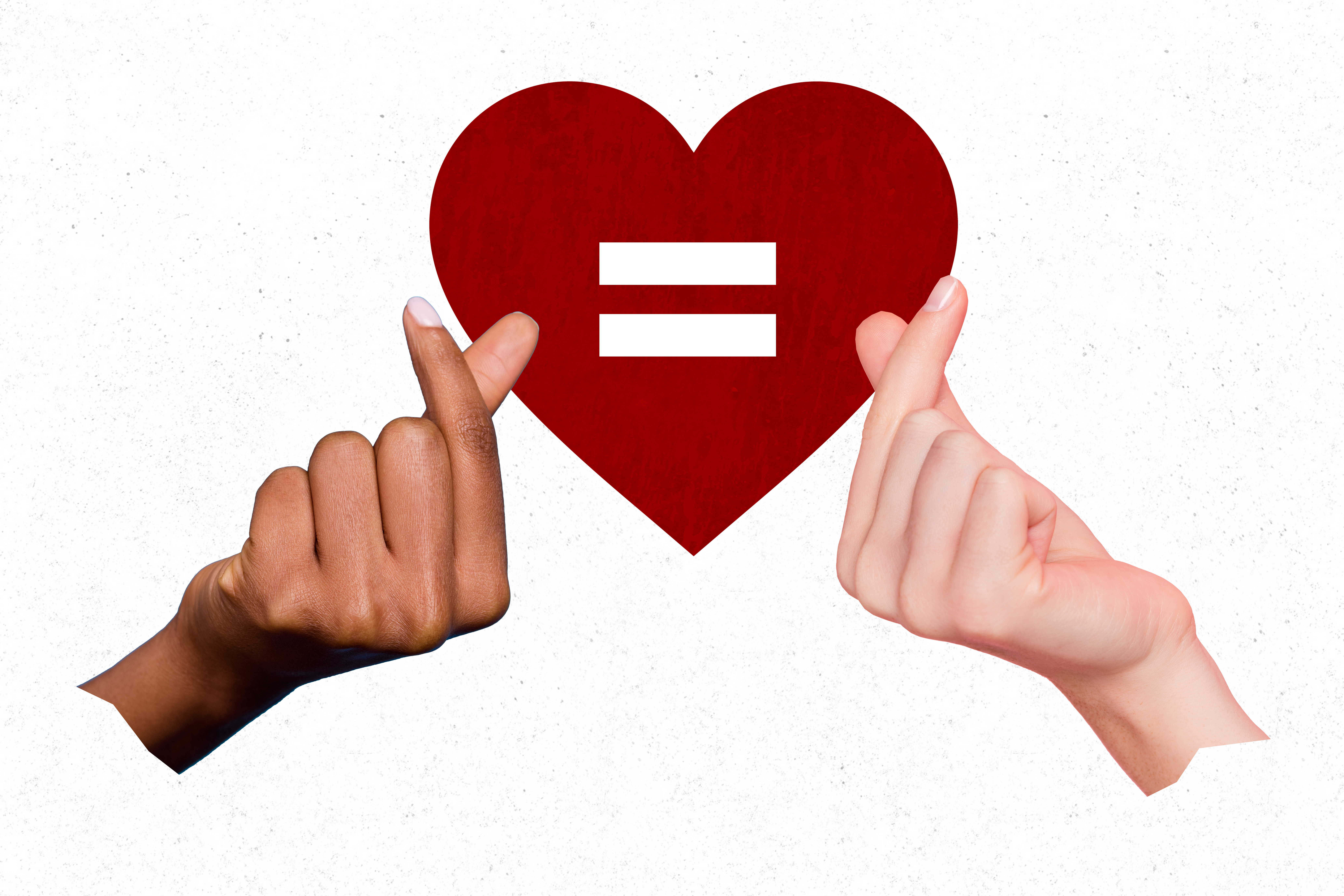
NGOsource, described as a project of the Council on Foundations and TechSoup, celebrates its 10th year this year. NGOsource helps U.S. grantmakers streamline their international giving through easier equivalency determinations.
Private foundations that make a grant to a foreign organization without an IRS determination letter providing that it is exempt under IRC Section 501(c)(3) must either (1) make an equivalency determination (“ED”) or (2) exercise expenditure responsibility (“ER”). Otherwise, such grants may be considered a taxable expenditure subject to a 20% penalty tax on the foundation and potentially a 5% penalty tax on organizational managers who knowingly agreed to make such taxable expenditure. In addition, a grant to such foreign organization without ER or ED will not count as a qualifying distribution and could cause the foundation to fail meeting its minimum distribution requirement, which could trigger an additional 30% penalty tax.
Generally, ED is a good faith determination that a non-U.S. organization is the equivalent of a U.S. public charity. This is not a simple determination. It involves an examination of governing documents (which may need to be translated), descriptions of activities and certain transactions, and typically a financial analysis of whether the organization meets one of the public support tests.
Prior to NGOsource and the ability of an organization to serve as a central repository of EDs for use by multiple grantmakers, if one private foundation made a grant to a foreign organization supported by ED, another private foundation could not rely on the first private foundation’s determination and would separately have to do its own ED analysis. This was terribly inefficient and costly. For more on the history and the contribution of NGOsource and those behind all of the efforts to allow for a repository of EDs, check out the 10-Year Retrospective, which you can download here.
It’s also important to note that donor advised fund (DAF) sponsoring organizations that make grants from a DAF to a foreign organization without an IRS determination letter providing that it is exempt under IRC Section 501(c)(3) must either make an ED or exercise ER. See, e.g., Reliance Standards for Making Good Faith Determinations (Final regulations).
Highlights from the 10-Year Respective
“It is with immense pride that we celebrate 10 years of NGOsource in action. From March 2013 to March 2023, we estimate that NGOsource facilitated more than US$8 billion in unrestricted funds to more than 8,000 organizations in 161 countries. This is a celebration not just of this program, or of TechSoup, but of all the people, organizations, and consortia over more than 10 years that came together to build a solution to a shared problem. It is a celebration of the strength of civil society and all that it can accomplish as a unified force. Finally, it is a call to action: 10 years of success provides a roadmap for 10 years of innovation. We invite you to read and download the report featured below and browse the various highlights featured on this site. Ready to help shape the next decade.”
“The number of NGOs served by NGOsource has increased each year on average by more than 45% While NGOsource membership consists of U.S. donors, the program’s primary stakeholder continues to be the NGOs selected to undergo ED. Finding ways to localize and ease the burden on NGOs has always been a central commitment of the program.”
“NGOsource and its partners operate in nine different languages, making the program linguistically accessible to 69% of the world’s population, where one or more of these languages is an official language.“
“NGOsource aims to produce the highest quality legal opinions at the lowest possible cost. This goal is further achieved by leveraging the repository to reissue EDs at a substantially reduced fee. The fact that funders with less than $50,000 in assets utilize NGOsource is evidence that accessibility of the service promotes grantmaking by even the smallest of giving entities.”
“NGOsource grantmaker members include 8 of the 10 largest U.S. foundations, and 5 of the 6 larg- est DAF sponsors. While ED data does not offer the entire picture, it is a strong indication of trends in U.S. international grantmaking. NGOsource leverages this data to better inform the sector, share best practices, and promote standardization.”
Our Commitment to Civil Society
Underlying all of the initiatives above is our commitment to continually put the needs of civil society actors first, by resourcing communities and organizations with the skills and the tools they need to meet their missions and tell their own stories. We specifically commit to continue our pursuit of the following goals to drive the next 10 years of NGOsource and TechSoup:
We will strive to serve the needs of civil society in all forms and all places. Civil society is not only made up of traditional charities and NGOs, but also informal groups, social enterprises, cooperatives, and entities restricted by the legal regimes of their countries or circumstances. We will find ways to expand our notion of civil society to include all those working toward the greater good and find ways to amplify their missions.
We will honor and seek to further a localization agenda, putting local expertise and decision-making at the center of our services.
We will leverage data for the good of the sector: We will never compromise the safety of such data, and we will honor the fundamental right of each person and organization to own and leverage their own data.
We will seek to collaborate and amplify existing civil society systems and networks: We avoid duplication. We are stronger when we work together.
We hope you’ll join us in forging the next 10 years of innovation.
Additional Resources
International Grantmaking: Equivalency Determinations
Final Regulations on Foreign Public Charity Equivalency Determinations (Stephanie Petit and Martha Lackritz Peltier, Adler & Colvin, Taxation of Exempts)